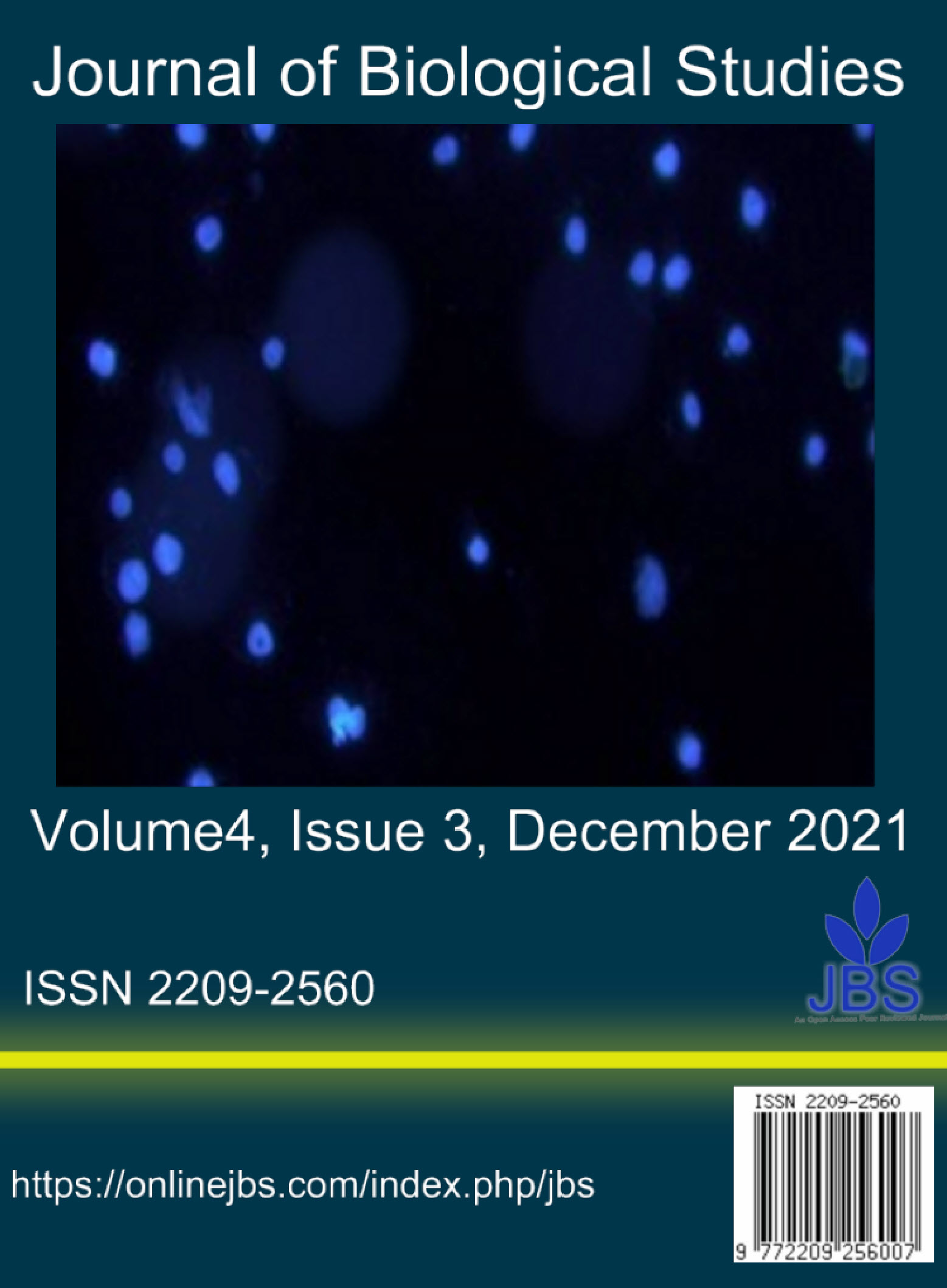The effects of medicinal plants: “Viscum album, Juniperus communis and Xanthium strumarium” leaf extracts on fibroblastic L929 and BHK21 immune cells
Main Article Content
Abstract
Although reports indicate that Viscum album and Juniperus communis extracts affect immune system function, their impact on fibroblastic cells proliferation remains unclear. The aim of this study was to determine the antioxidant capacity of Viscum album, Juniperus communis and Xanthium strumarium leaf aqueous and ethanol extracts and their cytotoxic effects on L929 and BHK21 cells.
The antioxidant capacity of the extracts was measured using the DPPH method. L929 and BHK21 cells were treated with 0.001 mg/ml, 0.01 mg/ml, 0.1 mg/ml, 1 mg/ml and 10 mg/ml of the extracts for 24h in a complete growth medium. Cell viability was evaluated by MTT assay and the data were analyzed using one-way ANOVA.
Lower concentrations (0.001, 0.01 and 0.1) mg/ml of Viscum album and Junipeurs communis leaf extracts exhibited higher antioxidant capacity and had no significant cytotoxic effects on L929 and BHK21 cells, however, higher concentrations (1 and 10) mg/ml had lower antioxidant activity and exhibited cytotoxic effects on the cells. Lower and higher concentrations of Xanthium strumarium leaf extracts significantly increased L929 and BHK21 cells viability.
Despite higher concentrations, lower concentrations of ethanol and aqueous Viscum album and Junipeurs communis have positive effects on fibroblastic L929 and BHK21 cells viability; however, ethanol and aqueous leaf extracts of Xanthium strumarium have no cytotoxic effects on L929 and BHK21 cells, which, therefore, can improve immune system function safer than Viscum album and Juniperus communis.
Article Details

This work is licensed under a Creative Commons Attribution 4.0 International License.
